Tariffs and gaming handhelds: Should I buy a Steam Deck, ROG Ally, or even a Nintendo Switch right now?
Prices for a Legion Go, MSI Claw, and more are likely going to go up due to the tariff situation.
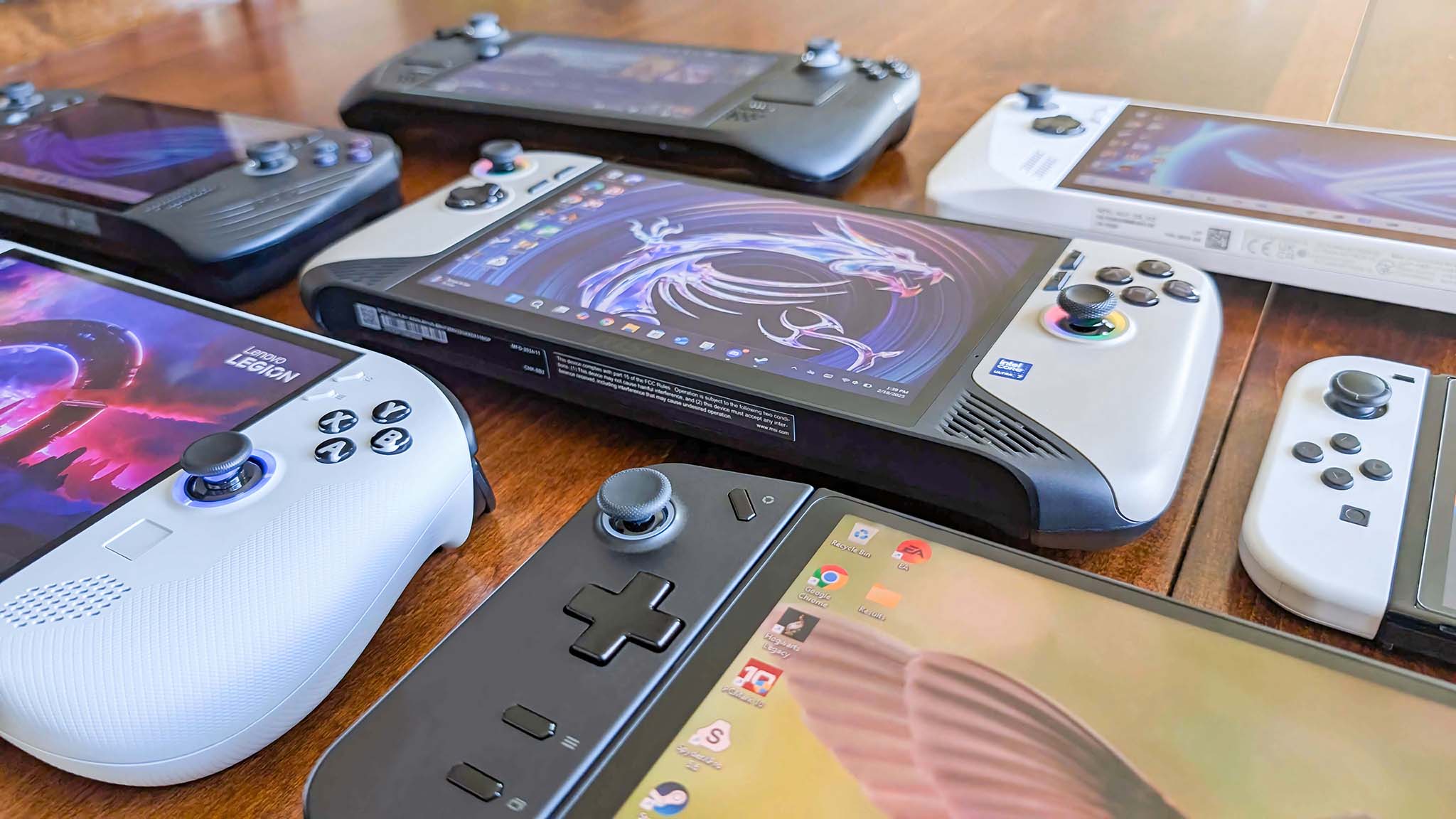
Should I buy a gaming handheld now before tariffs increase prices?
If you were already planning on buying a gaming handheld, it might be a good idea to buy one quickly before tariffs cause prices to go up at U.S. retailers.
Another way to think of it is that the prices of Steam Deck, ASUS ROG Ally, Lenovo Legion Go, and Nintendo Switch devices aren't likely to go down under the current tariff situation, but they are likely to go up.
That all said, I never want to encourage panic purchases or reckless spending, so I'm not trying to tell everyone to buy a handheld right now, unless you're already considering it.
Recent updates
UPDATE April 11, 2025 at 9:54am PT: The MSI website now lists both the Claw 7 AI+ and Claw 8 AI+ handheld prices at $100 higher than they used to be. Meanwhile, the Best Buy listing for ROG Ally Z1 (non-Extreme) has been taken down, with only open-box options available.
Current gaming handheld prices in the U.S.
I'm specifically keeping an eye on Steam Deck, ASUS ROG Ally, Lenovo Legion Go, MSI Claw 8 AI+, and Nintendo Switch handhelds and how their current prices at U.S. retailers compare to their MSRP (manufacturer's suggested retail price).
These gaming handhelds are listed in alphabetical order.
Handheld prices updates
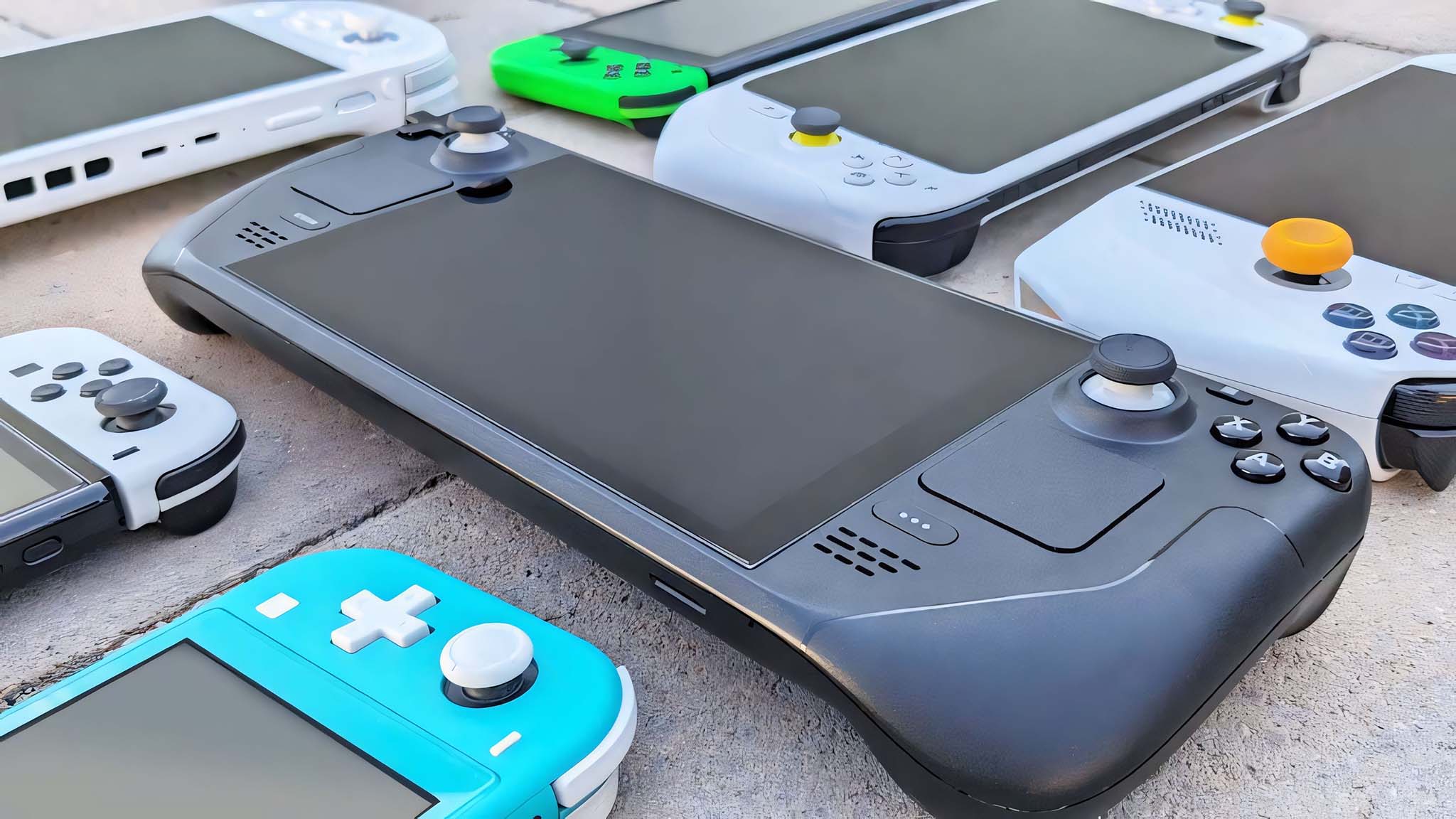
Since keeping track, I've already seen the MSI Claw 7 AI+ go up from $799 to $829 at Best Buy. It's also now listed as $899 at the MSI website.
Meanwhile, The Claw 8 AI+ has gone up $100 and now sells for $999.99 at the MSI website. It's very possible these increased prices will show up at other U.S. retailers in the coming days if the tariff situation doesn't change.
Additionally, the starting price of the Legion Go S (SteamOS) has also gone up by $50.
As of today, it looks like the starting ASUS ROG Ally Z1 (non-Extreme) no longer has a listing page at Best Buy. You can still purchase open box options at Best Buy, though.
Will any gaming handhelds not get affected by tariffs?
If the high tariffs imposed on China remain high for a while, then we can expect all gaming handheld prices to eventually be affected.
That said, popular gaming handhelds that have already saturated the U.S. market will likely be easier to find at normal prices for longer stretches until companies are required to import more stock under the high tariffs.
This being the case, it's possible that the first-gen Nintendo Switch, Steam Deck, and ASUS ROG Ally handhelds could retain normal prices the longest since they can already be found at so many U.S. retailers.
Meanwhile, new devices that don't have as much volume in the U.S, like Nintendo Switch 2, MSI Claw 8 AI+, and Lenovo Legion Go S (SteamOS), could be harder to find at reasonable prices.
But we'll have to wait and see what happens.
Gaming handheld production locations
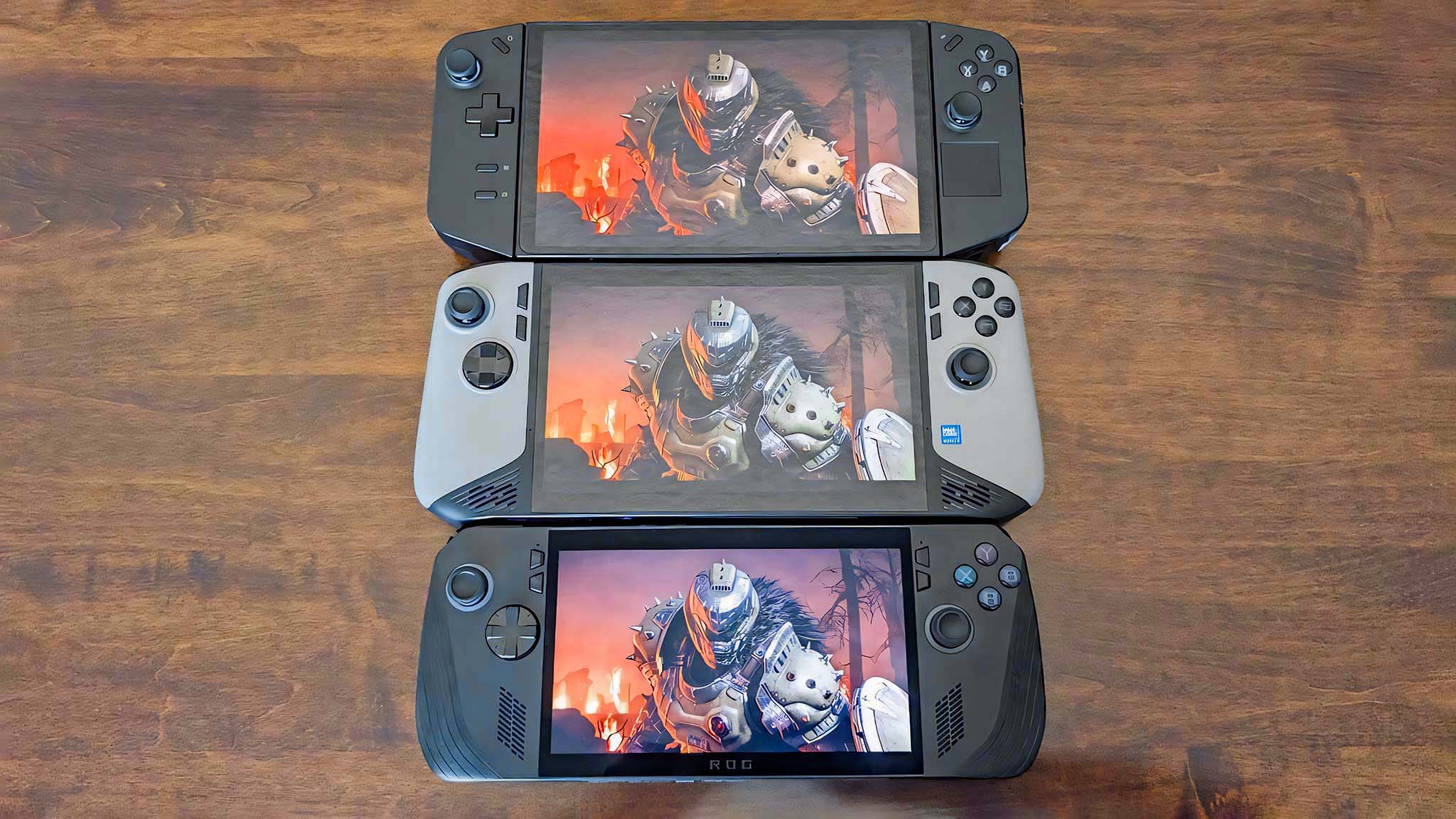
Many OEMs (original equipment manufacturers) have multiple production locations, sometimes in different countries around the world.
Get the Windows Central Newsletter
All the latest news, reviews, and guides for Windows and Xbox diehards.
The following chart shows where the majority of production takes place for these devices, but there could be more locations other than what's listed.
By the way, imported gaming handhelds are typically classified under HS Code 95045000, as "video game consoles and machines. "
Disclaimer
NOTE: On April 9, Trump announced a 90-day pause on most tariffs and lowered most countries' rates to 10%. However, China's 125% tariff was still in effect. The tariffs shown below are where the rates will be after the 90 days are up if nothing changes.
Handheld | Country (tariff %)* |
Steam Deck | China (125%) |
ASUS ROG Ally / Ally X | Taiwan (32%), China (125%), Mexico (25%**) |
Lenovo Legion Go / Go S | China (125%) |
MSI Claw 8 AI+ / 7 AI+ / Claw | China (125%) |
Nintendo Switch / Switch 2 | Vietnam (46%), China (125%) |
*The current tariff situation is very volatile and subject to change from day to day. I'll try to keep up with the latest tariffs as much as possible.
**There is a free trade agreement between the U.S., Mexico, and Canada (USMCA). However, products not covered by the agreement are affected by tariffs. Handhelds should be covered by USMCA.
What do tariffs do, anyway?
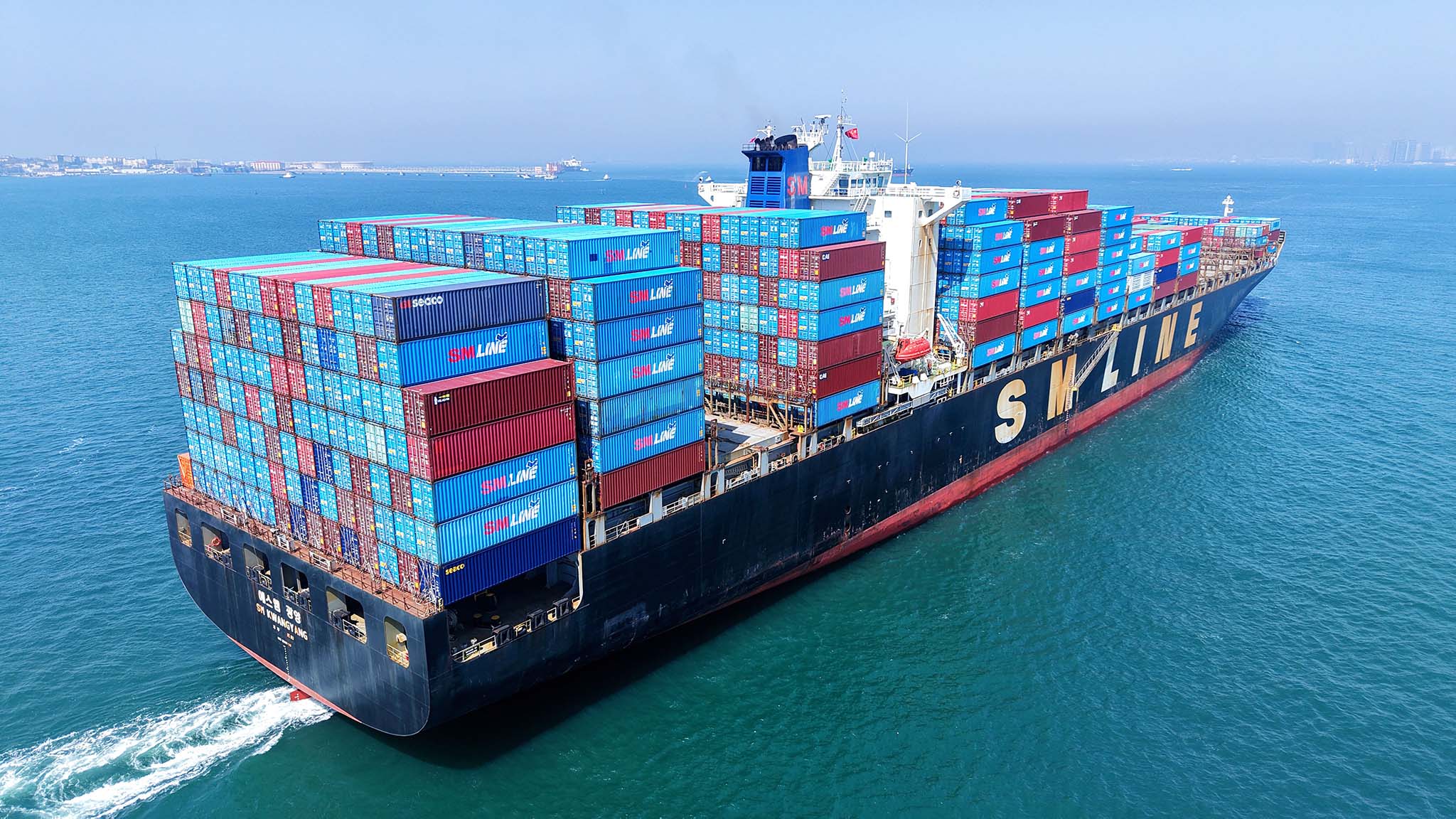
We're likely going to see significant price increases on electronics in the U.S. (including the best gaming handhelds) since the Trump Administration has greatly raised tariffs on over 70 countries, including the places where these devices are manufactured.
You can follow our live coverage of the "trade wars" for the latest on tariffs, PC, laptops, GPUs, and gaming.
But what is a tariff, anyway, and how does it affect you?
Every country has tariffs — basically a tax paid by companies importing goods into the country.
There are different tariff percentages for different products, and tariffs can also be different from one country to the next.
The higher the tariff, the more a company has to pay in order to import a product. A company will then have to figure out how to regain that tariff cost, otherwise it isn't worth it for the company to import the product.
For instance, companies could charge their customers more for imported goods, or companies could strategically swallow all or part of the tariff cost if they think they can make up the money in some other way (like with digital transactions for a gaming system).
If a company decides to have customers help pay for the tariff costs, then the price of a product goes up.
This being the case, gaming handheld prices in the U.S. will likely increase significantly due to the large tariffs on China, where most mainstream handhelds are produced.
Gaming handhelds and tariffs FAQ
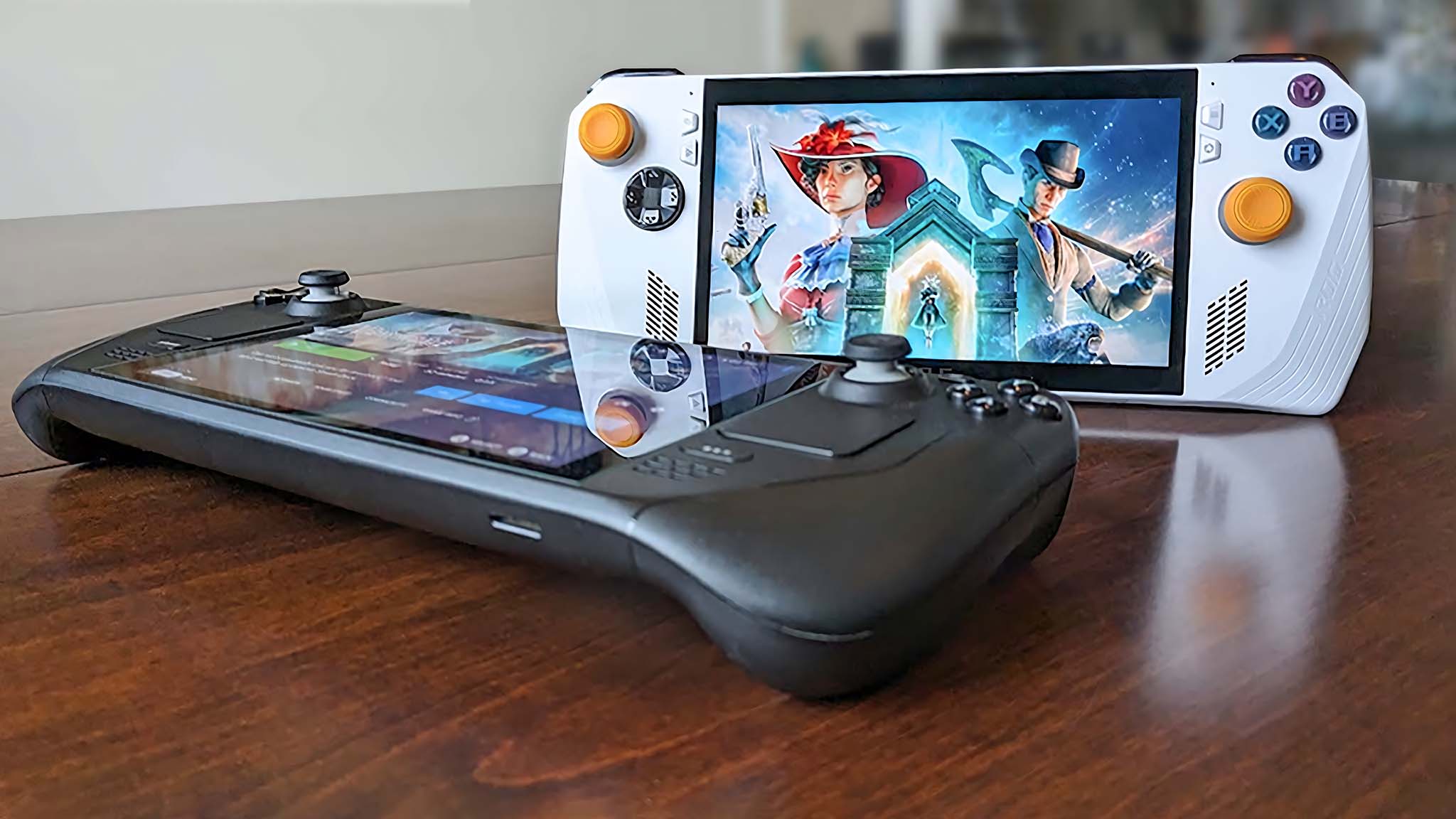
Why is tech getting more expensive in the U.S.?
The Trump Administration has placed high tariffs on goods imported into the U.S. from other countries.
China is one of the largest manufacturers of tech goods, including gaming handhelds like Steam Deck, ASUS ROG Ally, Lenovo Legion Go, and more.
On April 9, 2025, Trump's extremely high 104% tariff on China went into effect. In response, China put an 84% tariff on U.S. goods. Trump then retaliated with a 125% tariff. This will likely continue to change in the coming days.
Tariffs are basically taxes that companies have to pay for their imports.
Oftentimes, a company will have a customer pay the tariff price as well as the price of the product to make importing the product worthwhile.
As such, higher tariffs on a product often lead to increased prices for that product at retailers.
It's also important to remember that gaming handhelds are made up of components that are produced in different places.
Most significantly, handheld processors and display technology might have additional tariffs or manufacturing challenges that increase tech costs.
How long will tariffs last?
It's hard to know for sure how long these high tariffs will remain in place.
So far, the situation has been rather volatile, with the Trump Administration making big changes every few days, sometimes in reaction to the responses of other countries.
As such, it's possible these high tariffs could get lowered any day, but it's also possible that they could remain high for several months. Fluctuations are expected.
When will prices (and tariffs) go back to normal?
That's a very difficult question to answer and largely depends on how the current trade war plays out.
If the U.S. is able to come to an agreement with different countries and reduce tariffs, it's possible that the price of goods coming from those countries could go down.
As such, we could go back to relatively normal pricing really soon, or it could take months.
What do tariffs do and how do they affect me?
Tariffs are basically taxes that countries put on imported goods. Typically, the higher the tariff, the more expensive goods get.
Let's use the 125% tariff the U.S. imposed on China on April 8, 2025, as an example.
The Steam Deck is mostly produced in China, so under the 125% tariff, a company bringing in the $399.00 Steam Deck LCD configuration would have to pay $498.75 for the tariff on this handheld.
Add the Steam Deck price and the tariff cost together, and the cheapest Steam Deck LCD configuration now costs $897.75, which is obviously much more expensive than the initial $399.00 price.
To make up the expensive tariff costs, U.S. retailers could increase the price of the Steam Deck LCD to as much as $900, in this example.

Self-professed gaming geek Rebecca Spear is one of Windows Central's editors and reviewers with a focus on gaming handhelds, mini PCs, PC gaming, and laptops. When she isn't checking out the latest games on Xbox Game Pass, PC, ROG Ally, or Steam Deck; she can be found digital drawing with a Wacom tablet. She's written thousands of articles with everything from editorials, reviews, previews, features, previews, and hardware reviews over the last few years. If you need information about anything gaming-related, her articles can help you out. She also loves testing game accessories and any new tech on the market. You can follow her @rrspear on X (formerly Twitter).
You must confirm your public display name before commenting
Please logout and then login again, you will then be prompted to enter your display name.
